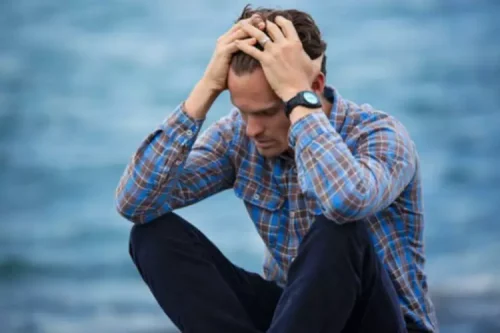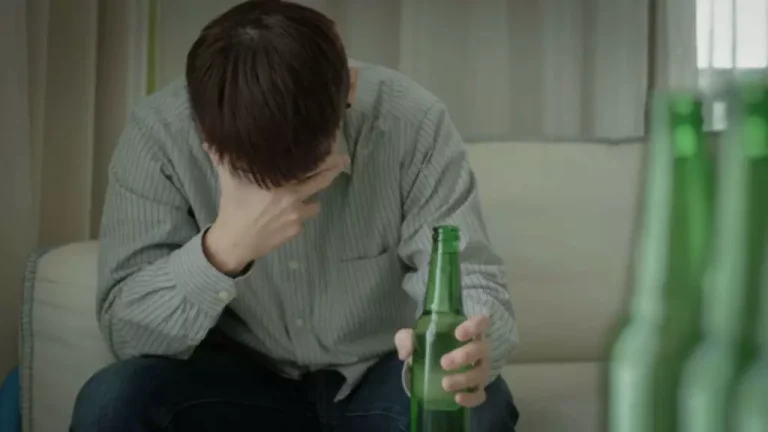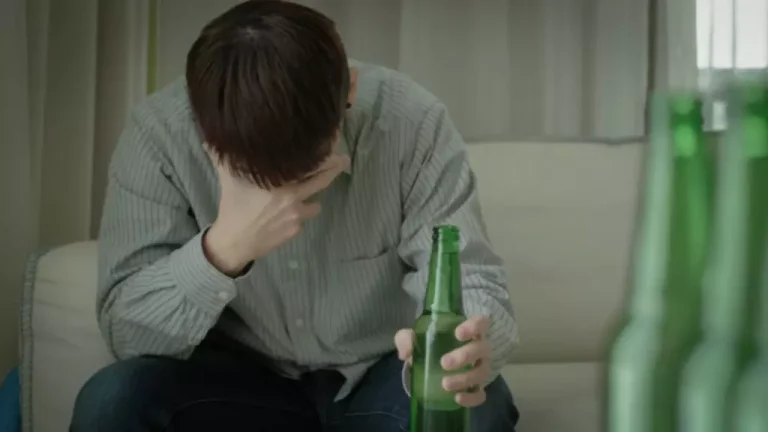
However, the quality of sleep obtained after consuming alcohol is often compromised. Although experts can’t be certain that alcohol directly causes insomnia, numerous studies have found a link between this sleep disorder and alcohol consumption. You can check RISE for a personalized time to stop drinking alcohol based on your daily circadian rhythm, the internal clock that dictates your sleep cycle. If you have trouble falling asleep, staying asleep, or attaining restful sleep, you could have insomnia. There https://ecosoberhouse.com/ are two categories of insomnia, sleep onset and sleep maintenance.

Can’t Sleep Without Alcohol? Issues With Drinking To Fall Asleep
- If you live alone, write down reminders to yourself, even keep a journal to keep track of your progress.
- Motivate yourself to stick to the healthier alternative routines and solutions.
- The key to getting better sleep is to establish a consistent bedtime routine.
- When alcohol interferes with sleep, it can have far-reaching consequences on various aspects of health and daily life.
Whatever anxieties,demands or pressures are making you think you need alcohol to fall asleep – Subconsciously takes you away from it all. Put it on at bedtime and you’ll become immersed in soporific indulgence. Try programmes during the daytime and you’ll feel like a new person. Sometimes, when people quit drinking, they’ll feel depressed or just sad and down, so you can learn more about depression after quitting drinking. For instance, many doctors believe cognitive behavioral therapy for insomnia is a fantastic tool. This process helps you to change your sleep habits, which could include cutting down on alcohol too close to bedtime.

The Benefits of Mindfulness and Relaxation Techniques
From better physical health to improved mental clarity and emotional well-being, the positive effects of alcohol-free, quality sleep can transform various aspects of life. Another notable change during this phase is the reduction in sleep-related anxiety and insomnia symptoms. Many individuals who previously relied on alcohol to fall asleep find that they can now do so naturally, without the need for any sleep aids. This newfound ability to sleep without alcohol can be incredibly empowering and contribute to overall improvements in mental health and well-being. In the early stage of alcohol withdrawal, many individuals experience an increase in sleep latency (the time it takes to fall asleep) and frequent night awakenings. Developing new ways to fall asleep without alcohol will result in healthier habits, better relationships, and an overall higher quality of life.

Why Can’t I Fall Asleep After Drinking Alcohol?
- Caffeine and nicotine are stimulants that can interfere with your ability to fall asleep.
- Insomnia is one of the largest setback triggers for people in recovery from an alcohol use disorder.
- The brain then moves on to the next stage of light sleep, but there is an increase in brave wave frequency, followed by a further slowing down.
- Unfortunately, the problems aren’t over when you manage to fall asleep.
- The body’s temperature regulation, which was disrupted by alcohol use, starts to normalize, leading to more comfortable sleep.
You’ll also increase your tolerance, meaning you need to drink more to have the same effect. Stretching your body and focusing on your breathing will help to relax you, which can help you calm down and have an easier time falling asleep. This is useful for helping to adjust your sleep schedule and ensuring that you get a good night’s sleep. You can take it for days in a row, just take it before bed, lay down, and you should have an easier time drifting off.
How to Fall Asleep Without Alcohol
- Binge drinking occurswhen a man has five drinks, or a woman has four drinks within two hours.
- REM sleep, on the other hand, plays a vital role in emotional regulation and cognitive function.
- Developing new ways to fall asleep without alcohol will result in healthier habits, better relationships, and an overall higher quality of life.
Physical activity helps to reduce stress and tire your body, making it easier to fall asleep at night. Exercising too close to bedtime cant sleep without alcohol can actually have a stimulating effect, making it harder to fall asleep. Aim to finish your workout at least two to three hours before bedtime to allow your body to wind down. Many people report a gradual increase in sleep duration and quality during this phase. They may find themselves sleeping for longer periods without interruption and waking up feeling more refreshed. The ability to fall asleep naturally often improves, and staying asleep throughout the night becomes easier.
- Chronic use can lead to the development of sleep disorders, including insomnia and sleep apnea.
- Wow, this means you are suffering from daily fatigue without even realising it, as it has become your new normal.
- Sleep debt is compared to your sleep need, which is the genetically determined amount of sleep you need.
- There are both psychological and physical hurdles to overcome when seeking sobriety.
- Ultimately, the decision to quit alcohol and improve sleep quality is a personal one, but the potential benefits are clear.
The impact of Sober living house drinking on insomnia may beparticularly acute in older adults. Sleep disorders like insomnia can co-occur with alcohol abuse, and treating insomnia can improve a person’s sleep quality while in recovery. A person might think that having a drink before bed may help them sleep because alcohol helps them relax. However, alcohol is detrimental to getting a good night’s rest. Because of drinking’s negative impact on sleep cycles, a person does not sleep as well if they drink before bed.

